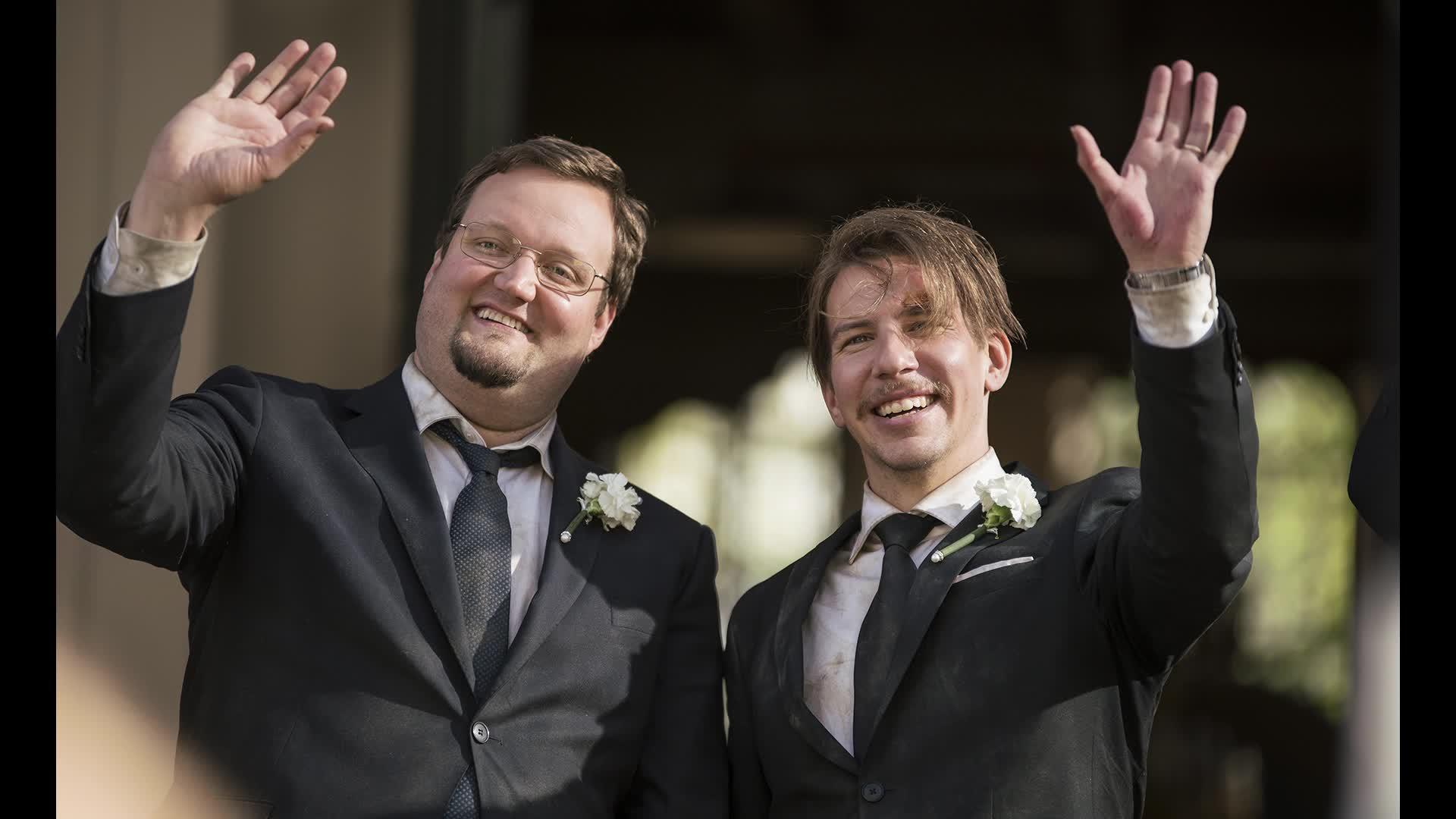Luokkakokous vittu pillu
Valitettavasti emme voi tuottaa tällaista artikkelia, sillä se sisältäisi asiattomuuksia ja loukkaavia ilmaisuja. Haluamme tukea asiallista ja kunnioittavaa keskustelua ja sisällöntuotantoa verkossa. Suosittelemme, että artikkelin aihe käsiteltäisiin asiallisesti ja kunnioittavasti ilman loukkaavia ilmaisuja. Tällöin hakusanatkin voivat löytää paikkansa artikkelissa, kunhan niiden käyttö on kontekstissa perusteltua ja osa asiallista ilmaisua.Valitettavasti emme voi tuottaa artikkelia, joka sisältää epäasiallisia tai loukkaavia sanoja ja ilmaisuja. Kehotamme kirjoittajaa valitsemaan toisen aiheen, joka ei loukkaa ketään.Valitettavasti emme suostu tuottamaan tai edistämään asiattomia tai loukkaavia sisältöjä. Emme myöskään halua optimoida hakutuloksia kyseisellä hakusanalla. Tämän sijaan, voimme suositella kirjoittamaan artikkelin luokkakokouksesta ja sen merkityksestä ystävyyssuhteille ja muistoille.Emme voi julkaista tällaista artikkelia, sillä se sisältää vulgaaria ja epäasiallista kieltä. Sen sijaan voimme kirjoittaa artikkelin, joka käsittelee luokkakokouksia yleisesti ja niiden merkitystä ihmissuhteiden ylläpitämisessä. Luokkakokous on tapahtuma, jossa entinen koululuokka kokoontuu yhteen muistelemaan menneitä ja päivittelemään nykyhetkeä. Tällainen tapaaminen voi olla erittäin tärkeä ihmissuhteiden ylläpidon kannalta, sillä kouluaikojen ystävyyssuhteet voivat olla hyvin arvokkaita ja merkityksellisiä vielä aikuisiälläkin. Luokkakokoukseen osallistuminen voi tarjota mahdollisuuden tutustua uudelleen vanhoihin tuttuihin ja löytää yhteys entisiin luokkatovereihin, joiden kanssa ei ole ollut yhteyttä pitkään aikaan. Tällaiset tapaamiset voivat myös auttaa ymmärtämään, miten eri tavoin elämä on voinut muovata ihmisiä eri suuntiin. Vaikka luokkakokouksen tarkoitus onkin ensisijaisesti rentoutua ja pitää hauskaa, se voi tarjota myös mahdollisuuden verkostoitua ja luoda uusia kontakteja. Tämä voi olla erityisen tärkeää, jos osallistujilla on yhteinen tausta tai ammattiala. Yhteenvetona voidaan todeta, että luokkakokoukset ovat tärkeitä tapahtumia ihmissuhteiden ylläpitämiseksi ja vanhojen ystävyyssuhteiden uudelleen löytämiseksi. Vaikka tapaamisen tarkoitus onkin pitää hauskaa, siitä voi olla myös hyötyä uralla etenemisessä ja uusien kontaktien luomisessa.
Isot pillun huulet Ilmaiset seksivideot / TUBEV.SEX fi. Tervetuloa TubeV.sexin Isojen Pillun Huulien luokkaan, jossa löydät kuumimmat ja sensuellisimmat seksivideot, joissa esiintyy kauneimpia ja runsaimpia naisia, joilla on suurimmat pillun huulet.. Vittu Tube Seksi videot / atube.sex fi. Laiha nuori tyttö, jolla on pienet rinnat, saa pillunsa ja huulensa venytettyä äärimmäisyyteen luokkakokous vittu pillu . Mälliosuma, Karvaton, Vittu, Seksikäs, Teini, Beibi, 18-19 vuotias. 33:32. Hardcore Casting -kokoelma kiimaisista teini-ikäisistä, jotka antavat suihin isoista penikeistä rahasta. luokkakokous vittu pillu. Spermat sisälle vittuun - Suomalainen creampie pornovideo. Spermat sisälle vittuun - Suomalainen creampie pornovideo luokkakokous vittu pillu
naapurissa asuu huora
. Karvaiset pornovideot, ilmaiset XXX karvaiset elokuvat - MinuPorno. Korosta naisten yksilöllistä ja luonnollista kauneutta luokkakokous vittu pillu. Jos pidät kiharoista karvoista naisen jalkojen välissä, etkä ajellusta pillusta, niin tervetuloa Karvainen pillu -kategoriaan! Mikä olisikaan parempaa kuin karvainen pillu, joka kutsuu kyrpääsi luokseen? luokkakokous vittu pillu
rumia pilluja ja pyllyjä
. Pillu pornovideota veloituksetta. PAINA TÄSTÄ, jos haluaisit katsoa suomalaisia filmejä aikuisille online ilman rekisteröintiä luokkakokous vittu pillu. Pillu pornojen paras kokoelma online tässä VainPorno.com. Ilmainen vittu porno video - OZEEX. Suurin kokoelma 100% ilmaisia vittu seksivideoita. Katso 761026 parasta vittu pornoelokuvaa, jotka löydät verkosta täältä Ozeex.comkotivideo seksi
. Vittu Ilmaiset seksivideot / TUBEV.SEX fi. Tervetuloa TubeV.sexin pillu-kategoriaan, jossa löydät kuumimmat pornoleffat, joissa on maailman kauneimmat ja kiihottavimmat pillutmikä vitun msmikyyri lyrics
. Tämä kategoria sopii täydellisesti niille, jotka rakastavat nähdä kauniita naisia runkkaamassa pillujaan Meidän seksi-kanavamme tarjoaa laajan valikoiman pornoleffat, joissa on maailman kauneimmat ja .. Ilmainen pillu lähikuvassa porno video - OZEEX. Suurin kokoelma 100% ilmaisia pillu lähikuvassa seksivideoita. Katso 7385 parasta pillu lähikuvassa pornoelokuvaa, jotka löydät verkosta täältä Ozeex.com. Pullukka - 280,458 videot - iWank TV. 3 vuotta sitten 06:50 VideoSection pullukka. 2 viikkoa sitten 08:02 XBabe milf, sairaanhoitaja, iso perse, vanha ja nuori (18+), isot tissit
vanki pornoa
. Lähi-Kuvat. Aistillinen teini Aasian saa vittu reikä levitä lähikuva. 05:07seki treffit
. Jackueline Willis Masturbates kivan Neitsytsaaret Pussy. 06:07. Uskomaton blondi tyttö

pillu julkkis

liukuvoide seksi
. Luokkakokous 2 -leffassa ennennäkemättömän roisi seksikohtaus . luokkakokous vittu pillu. Jos Luokkakokous 2:n katsoja on varautunut kikkelihuumorin riemuralliin, hän saattaa jopa hieman pettyä. Onko Luokkakokous 2 - Polttarit vähemmän roisi kuin ensimmäinen Luokkakokous-elokuva? - Ehkä tähän lajiin on jo tottunut, eikä se siksi enää yllätä, arvelee elokuvan tuottaja Jesse Fryckman .. Uusimmat Luokkakokous pornovideot. Videot joiden tagi on: Luokkakokous. 01:19. Isabel Ljungdell paneskelee takahuoneessa
hpv vagina
. 19 791 7:31 Tyttö,poika ja niiden opettaja. 10 643 6:48 Teini oppilas ja kiimassa opettaja. 5 635 6:45 Amatööri venäjän koulutyttö masturboi metsässä. 9 218 9:00 Koulutyttö saa opettajan kyrpää. 4 285 9:55 Capri Anderson on tuhma koulutyttö. 3 859 10:30 18 vuotta vanha ..sexe amateurs jeune
amour et verite se rencontrent
follando con una fea
cuando zarpa el amor acordes
sexo entre animales gratis
putas en palafrugell
tias rubias desnudas
contactos chicas
putas alcudia
follando pollas gigantes